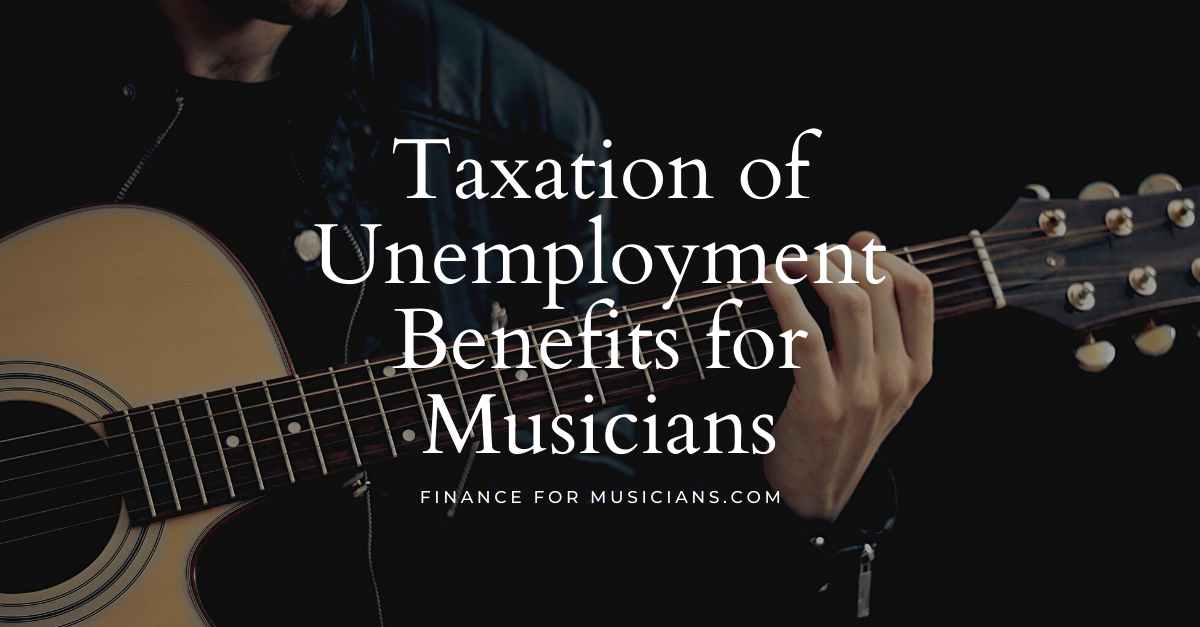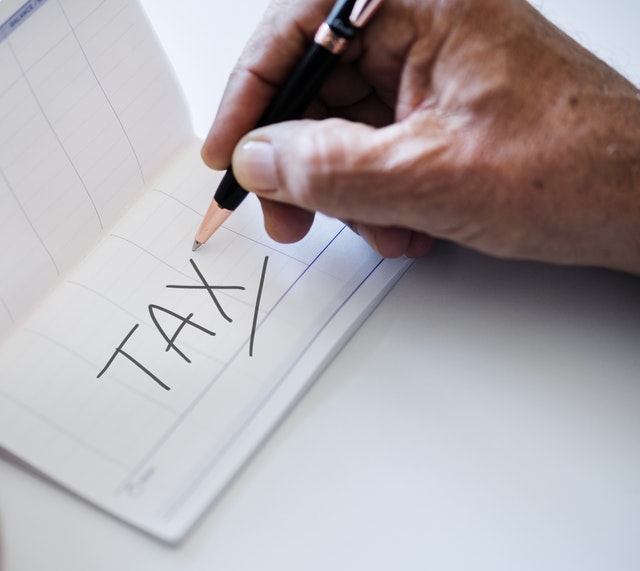Category: Tax
-

Taxation of Unemployment Benefits for Musicians
On March 11, the President signed the American Rescue Plan Act (ARPA), which changed the taxation of unemployment benefits. Many musicians received unemployment benefits in 2020 due to Coronavirus shutdowns. Unemployment benefits have always taxable income, however, ARPA will allow you to exclude up to $10,200 of benefits from your 2020 income. Musicians can qualify…
-

Deducting Concert Clothes
Can professional musicians deduct the purchase of required concert clothes? Yes, but you need to meet the IRS requirements for “uniforms” for the expense to be allowable. The IRS has a two-part test for deducting concert clothes. You are required to wear the clothes as a condition of your job. The clothes are not suitable…
-

The Musician’s Guide to Mileage, Part 1
The mileage deduction for musicians is one of our best tax breaks and biggest headaches! When can you deduct your driving expenses as a musician? Between travelling to rehearsals, concerts, or lessons, you probably spend a fair amount of time in your car. It is a legitimate, and often significant, business expense for the professional…
-

Tax Parity Act Would Help W-2 Musicians
In 2018, the Tax Cuts and Jobs Act (TCJA) eliminated Unreimbursed Employee Expenses as a tax deduction. For musicians who are W-2 employees, this meant we lost the ability to deduct expenses, often significant, like our instruments and equipment, concert clothes, repairs, a home office, travel for work, study, or auditions, and even Union dues.…
-

Taxes Going Up? Here’s What Musicians Can Do
My clients are completing their 2018 tax returns and it is a mixed bag. Many musicians who used to itemize their deductions, especially married couples, are now taking the standard deduction for the first time in decades. Some are seeing their taxes go down while others, myself included, are paying thousands more for 2018 than…
-

New IRS Rule Spoils SEP-IRA for Musicians
The SEP-IRA has been a key retirement tool for self-employed and 1099 musicians, but its value just got unexpectedly reduced last month, buried in the details of a 249-page release of new IRS regulations. I’m afraid that many self-employed musicians who read this may want to fund a different type of retirement account or may decide…
-

Musicians and the QBI Deduction
This year, there is a new 20% tax deduction for self-employed individuals and pass through entities, commonly called the QBI (Qualified Business Income) deduction, officially IRC Section 199A. While most musicians who file schedule C will be eligible for this deduction, high earners – those making over $157,500 single or $315,000 married – will see…
-

Estimated Tax Payments For Musicians
The IRS requires that tax payers make timely tax payments, which for many self-employed musicians, including 1099s, means having to make quarterly estimated tax payments throughout the year. Otherwise, you could be subject to penalties for the underpayment of taxes, even if you pay the whole sum in April. The rules for underpayment apply to…
-

20% Pass Through Deduction for Musicians
You’ve probably heard about the new 20% tax deduction for “Pass Through” entities under the Tax Cuts and Jobs Act (TCJA), and have wondered if musicians qualify. For those who are self-employed (1099, not W-2) here are five frequently asked questions: 1. Do I have to form a corporation in order to qualify for this…
-

Musicians, Reduce Your Taxes Without Itemizing
If you used to itemize your tax deductions, chances are you will not be able to do so in 2018 under the new Tax Cuts and Jobs Act (TCJA). While it sounds good that the standard deduction has been increased to $12,000 single and $24,000 married, many musicians are lamenting that they no longer can…








